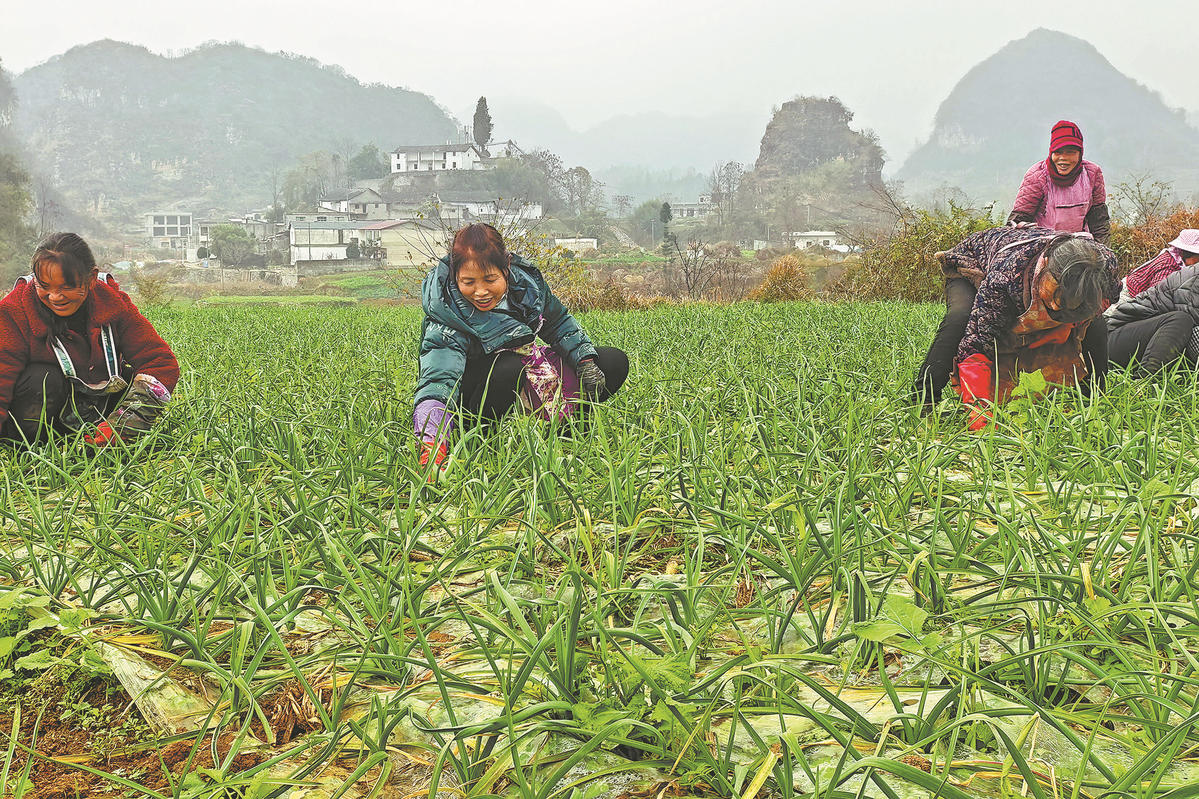Former luxuries now daily necessities, as China's door opens ever-wider

BEIJING — For almost 30 years, Dong Qiaofeng has sold tahini, an essential for many cold Chinese dishes, noodles and hot pot, at Beijing's Sanyuanli Market.
Until recently, her home-made sesame oil and tahini were the only things she sold, then she realized many of her customers were foreigners, with different tastes and expectations.
Now, her booth, only about 18 square meters, is filled with hundreds of seasonings from France, Italy, Spain, Germany and Thailand.
The home-made sesame oil and tahini now lurk under the cashier's desk, for special customers only.
"Few buy them except my regulars. I would have been destitute had I not caught on to the new trend," she said.
Luxuries no more
Located in the embassy district of Chaoyang, Sanyuanli Market is a place where you can hear 100 languages in a single day. Foreigners from everywhere from Norway to Zimbabwe, from Bolivia to Fiji, congregate there in search of a taste of home; perhaps just one simple ingredient for a signature dish that they can't find anywhere else, perhaps for giant halibut or organic suckling pig.
Since China first opened its doors, albeit just a crack in the late 1970s, the portal has grown wider and wider and imported goods have flooded in as much as Chinese products have streamed out.
An Yuwei, 21, has bought cream, cheese and some baking parchment at the market. A university junior, she fell in love with baking during a summer vacation and heads to the market almost every week with her mother.
"Here, we can find almost anything we need," she said.
Imported products were a luxury in China forty years ago. Finding them was difficult: Paying for them was next to impossible.
The Beijing Friendship Store was just about the only place that sold imported goods, but it was not about maple syrup or turmeric. It was more like motorcycles and televisions from Japan, or whisky from Scotland.
Premier Zhou Enlai was instrumental in setting up the store in 1964 to cater to the demands of foreign guests, and only holders of foreign passports were even allowed into the store until 1990.
Back then, according to Wang Bingzhi, current Party chief of the store, instead of the Chinese yuan, the store only accepted foreign exchange certificates (FEC) - paper notes bought with foreign currency through banks.
"During the planned economy when resources were limited, we were obliged to meet our foreign guests' needs first, to show the friendliness of our country," he said.
Wang said even when Chinese people managed to find a way into the store, very few of them had the wherewithal to afford such alien opulence.
"A 12-inch black-and-white Sanyo television set was sold for 500 yuan in FEC in the early 1980s," he recalled.
The annual per capita disposable income in urban China was only 477 yuan in 1980. As a comparison, the average US per capita income at that time was around $12,000. Not only that, but for a Chinese citizen to obtain FECs they had to pay 50 percent to 80 percent over the odds on the black market.
The biggest market in the world
Things have changed a little since then. China has turned into the world's second largest economy and the largest market. What was a "luxury" has become a commonplace, even a necessity.
Supermarkets, shopping centers and online shopping platforms overflow with foreign goods. With their ubiquitous smartphones, Chinese people can import items ranging from automobiles to apricots while they take the subway home and have them delivered to their doorstep a few days - or even hours - later.
This summer alone, over 3,300 metric tons of fruit from North America, including blueberries and cherries, passed through Zhengzhou airport in central China's Henan province. The airport has round-the-clock customs clearance for fruit, which is then distributed across the country.
Cargo trains have been running between China and European cities since 2011. Earlier this year, the 4,000th such train crossed the border.
Initially seen as an efficient way of delivering Chinese goods to the marketplace, last year more than 50 percent trains returned loaded with previously unheard of delights such as baby formula from the Netherlands, cosmetics from Austria and Spanish wine.
The China e-commerce research center said e-commerce imports rose by a third to 1.2 trillion yuan in 2016. The amount is expected to exceed 1.8 trillion yuan this year, according to Cao Lei, director of the center.
Despite the online shopping boom, a Sanyuanli Market manager Cui Zhongxin is confident about the market's future.
"Our products are better supervised with inspectors patrolling the aisles every day. Vendors accept mobile payments, take orders online and have goods delivered to the customers' door," he said.



































